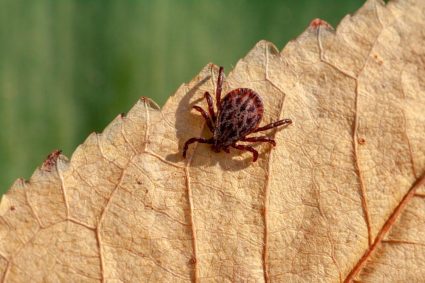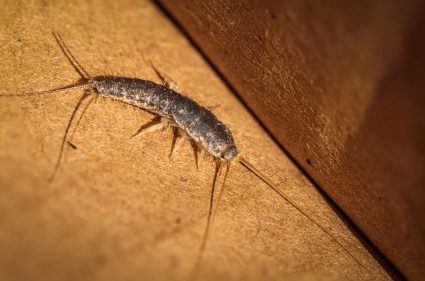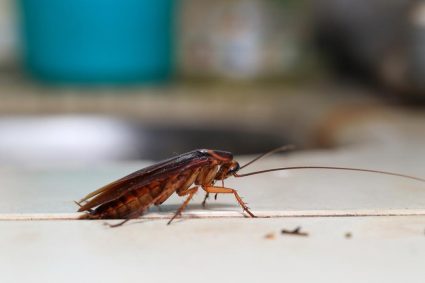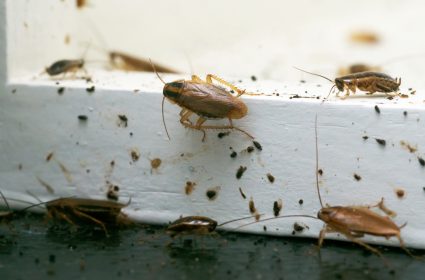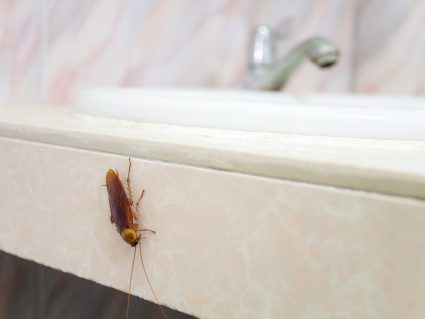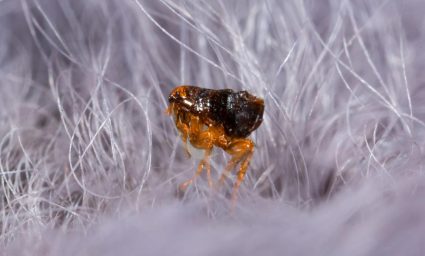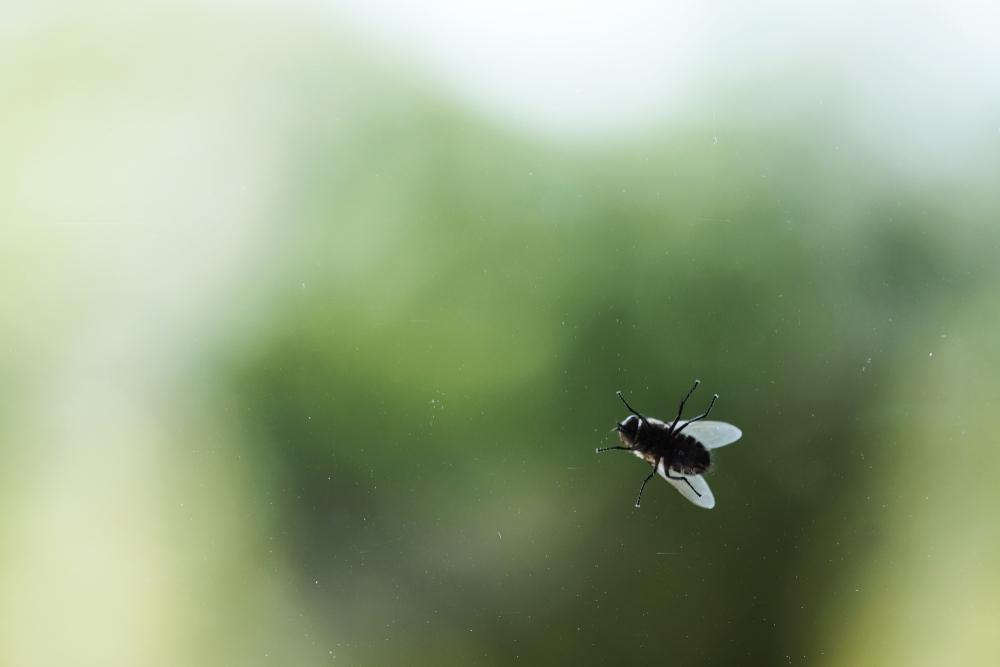
Dealing with black flies in your house can be a nuisance. Not only are they annoying, but they can also pose potential health risks. If you’re struggling with a black fly infestation, you’re not alone. In this comprehensive guide, we’ll walk you through the steps on how to get rid of black flies in your house effectively.
To get rid of black flies in your house, start by identifying signs of infestation such as a large presence of black flies, flies gathering near windows and lights, and the presence of maggots in moist, dark areas. DIY methods include using a homemade fly repellent spray, planting herbs that repel black flies, wearing light-colored clothing, and eliminating standing water sources. Commercial products like BLACK+DECKER Fly Traps for Indoors and Zero In™ Insect Repellent can also be effective. If infestation persists, seek professional help. Following the removal, clean and disinfect your home thoroughly.
Signs of a Black Fly Infestation
There are several signs that indicate a black fly infestation in your home. These include:
- A large presence of black flies
- Flies gathering near windows and lights
- Slow-moving flies
- Flies appearing during cooler months
- Dark clusters in your home
- Presence of maggots in moist, dark areas
Taking note of these signs can help you address the problem early on.
Why Are Black Flies Attracted to Homes?
Black flies are attracted to decaying organic matter, garbage, and moist environments. They are commonly found in areas with dense vegetation and high moisture. They are particularly attracted to dark-colored clothing and sweet-smelling scents. Understanding what attracts black flies can help you take preventive measures to keep them at bay.
Health Risks Associated with Black Flies
Black fly infestations can lead to various health risks. These include:
- Painful and itchy bite lesions
- Black fly fever, which includes symptoms such as headache, nausea, fever, and swollen lymph nodes in the neck
- Severe allergic reactions
- Skin infections due to scratching the itchy bite lesions
DIY Methods to Get Rid of Black Flies
Not all black fly infestations require professional help. Here are some DIY methods you can try:
- Use a DIY fly repellent spray made of water, vinegar, dish soap, and essential oils.
- Plant herbs and plants that repel black flies, such as anise, basil, cedarwood, coriander, lemongrass, and mint.
- Wear light-colored clothing and cover up when outdoors to protect your skin from black flies.
- Eliminate standing water sources to reduce black fly breeding grounds.
Recommended Commercial Products
If DIY methods aren’t enough, there are commercial products available to help eliminate black flies. Some of these include:
- Natrapel 6-Hour Mosquito, Tick, and Insect Repellent
- Insect Shield Sport Crew Sock
- BLACK+DECKER Fly Traps for Indoors
- Zero In™ Insect Repellent
- Amdro Quick Kill Outdoor Insect Killer Ready to Spray
- Black Flag Disposable Fly Trap
- Sawyer Products SP564 Premium Insect Repellent with 20% Picaridin
Preventive Measures
To prevent future black fly infestations, consider the following measures:
- Use insect repellents and wear protective clothing.
- Keep doors and window screens in good repair.
- Shelter livestock during heavy black fly flights.
- Spray outdoor areas with an insecticide labeled for black fly control.
- Maintain cleanliness in and around your home.
- Avoid outdoor activities during peak black fly activity times.
When to Seek Professional Help
If the black fly problem persists or worsens, it’s time to seek professional help. A pest control professional can address the issue safely and effectively.
Cleaning and Disinfection After a Black Fly Infestation
After dealing with a black fly infestation, it’s essential to clean and disinfect your home. This includes removing any remaining flies, cleaning surfaces, vacuuming dead insects, disinfecting surfaces, washing fabrics, cleaning drains, and sealing entry points.
In conclusion, while black flies can be a nuisance, there are several ways to get rid of them. By taking preventive measures and using the right methods, you can keep your home free from black flies. Remember, if the infestation becomes unmanageable, don’t hesitate to seek professional help.
Frequently Asked Questions
What essential oils can I use in my DIY fly repellent spray?
You can use a variety of essential oils in your DIY fly repellent spray. Some effective ones against black flies include citronella, lemongrass, peppermint, eucalyptus, cedarwood, and tea tree oil.
How often should I use commercial products to get rid of black flies?
The frequency of using commercial products can depend on the severity of the infestation and the specific product’s instructions. However, it’s generally recommended to use the product until the infestation is under control, then periodically afterwards as a preventive measure.
Are black flies active at a particular time of day?
Black flies are most active during dawn and dusk. Therefore, it’s advisable to limit your outdoor activities during these times to avoid attracting them.
How can I identify a black fly bite?
Black fly bites can cause a number of symptoms, including red, itchy, and swollen areas on the skin. The bite site may also develop into a large, raised welt or blister. If you experience severe reactions, such as difficulty breathing, dizziness, or swelling of the face or throat, seek immediate medical attention.
What should I do if I’m allergic to black fly bites?
If you’re allergic to black fly bites, it’s crucial to avoid exposure as much as possible. Wear protective clothing, use insect repellents, and stay indoors during peak black fly activity times. If you do get bitten, apply a cold compress to the bite site to reduce swelling and itching. Seek medical attention if you have a severe allergic reaction.

